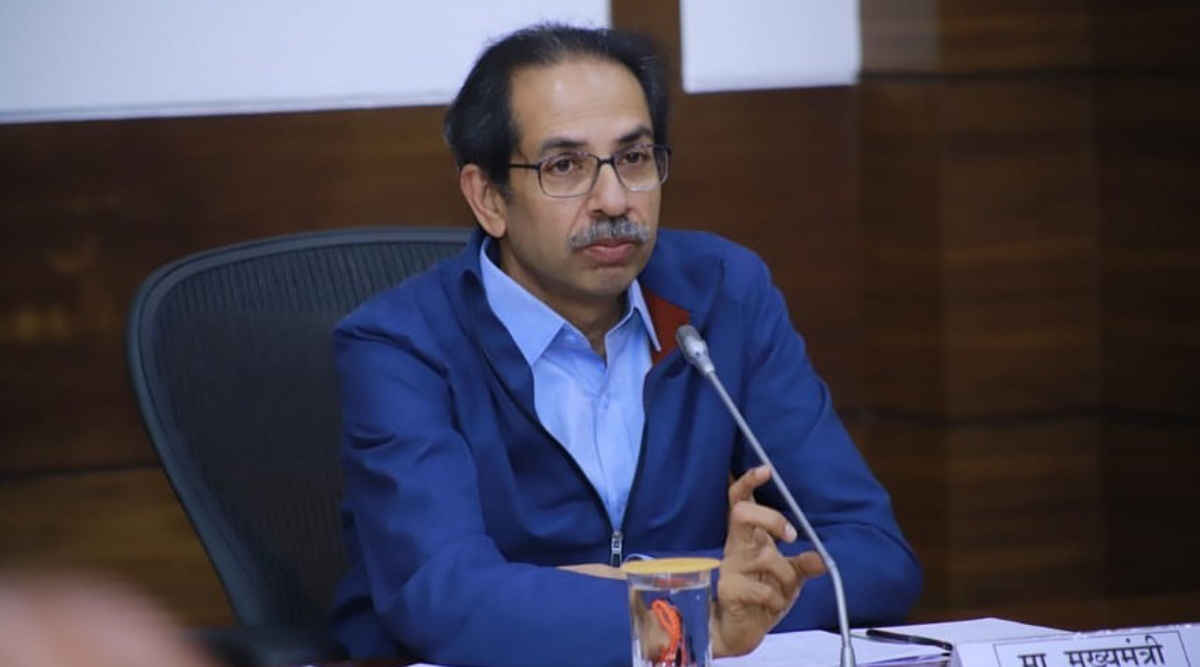 Since agriculture is a state subject in terms of legislation, individual state governments have to amend their laws for the reforms to take effect.
Since agriculture is a state subject in terms of legislation, individual state governments have to amend their laws for the reforms to take effect.Two months after announcing a set of agriculture reforms, the central government has convened a stock-taking meet with the chief ministers of eight states.
Union Agriculture Minister Narendra Singh Tomar will be in this meeting with the CMs of Maharashtra, Tamil Nadu, Uttar Pradesh, Rajasthan, Punjab, Kerala, Telangana and Chhattisgarh on August 27 via videoconferencing.
It was in June that Union Finance Minister Nirmala Sitharaman unveiled a series of reforms for the farm sector, which were aimed at more transparency and competitiveness, especially in the field of agriculture marketing. The reforms restricted the jurisdiction of Agricultural Produce Marketing Committees (APMC), thus allowing for free trade in all farm commodities. A special fund was announced for development of farming infrastructure, which was aimed at bolstering incomes.
Since agriculture is a state subject in terms of legislation, individual state governments have to amend their laws for the reforms to take effect.
Maharashtra has accepted the change, which has significantly clipped the wings of the APMCs or mandis. Ironically, majority of the mandis are controlled by Congress and NCP leaders who are partners in the state government.
Maharashtra’s acceptance of the reforms has irked a section of traders, who feel it would put them at a disadvantage. Traders inside the wholesale markets have to pay market cess and other taxes, while those operating outside the market are exempted from it. In protest against what they say is the creation of an unfair playing field, traders in the wholesale market of Pune called for a day’s strike on Tuesday.
Many market committees, especially in the grain and cotton belt of Vidarbha and Marathwada, have also complained that the reforms will put a question mark on their existence because the cess from traders is a major source of income. As traders move out of the wholesale markets to avoid the levies, these committees feel their incomes will suffer.
Senior officers of the state’s marketing department say the meeting of the Union minister and CMs indicates the seriousness of intent of the central government.
Officers underline that it is rare that chief ministers are called to discuss progress of reforms at such a stage.